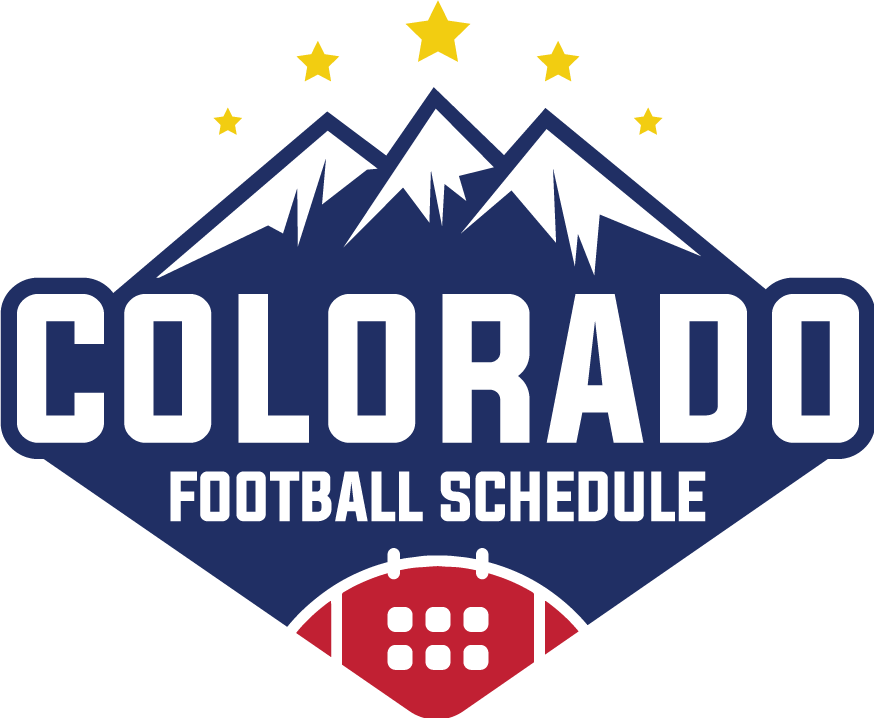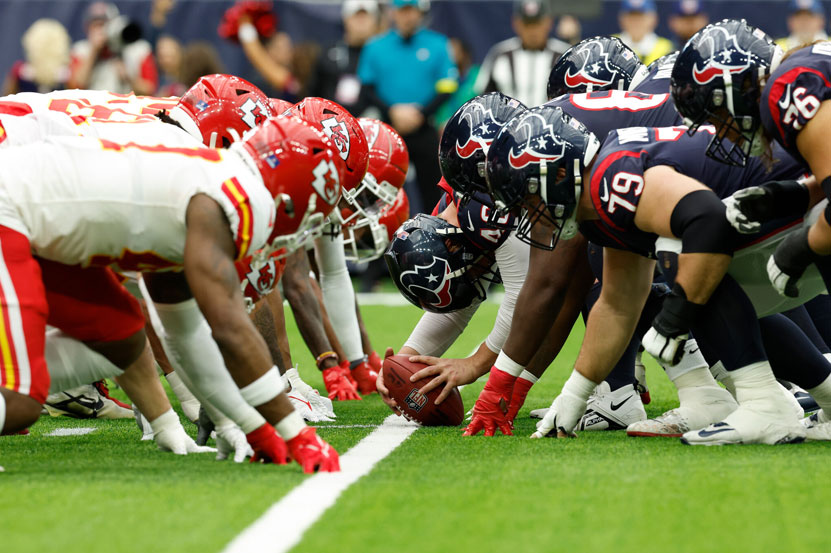Super-star contracts, brand endorsements, and transfer deals do not negotiate themselves. Athletes focus on training, recovery, and competition. Someone has to handle everything else—contracts, sponsorships, tax planning, even housing searches. That “someone” is a sports agent. In short, agents protect an athlete’s interests, amplify earnings, and solve problems so the athlete can keep performing at top level.
A Day in the Life (In Plain English)
Forget the movie clichés. A typical day might look like this:
- Phone calls with club executives to discuss an expiring contract.
- Video chat with a rookie explaining first-year budgeting.
- Travel to a college game to scout a promising prospect.
- Draft language for an endorsement deal while waiting at the airport.
- Follow up with a sports lawyer to double-check a clause on image rights.
The job blends relationship-building, negotiation, research, and constant hustle. Some days you are in sneakers at a youth tournament; the next you are in business attire at league headquarters.
Key Skills (No Fancy Buzzwords)
| Skill | Why It Really Matters |
|---|---|
| Communication | You must explain complex ideas in simple language to athletes and executives alike. |
| Negotiation | The difference between a good contract and a great one can be life-changing for your client. |
| Research | Salary caps, league rules, and market rates shift every season. |
| Organization | You might juggle college schedules, pro draft deadlines, and brand-launch events all in one week. |
| Integrity | Athletes trust you with their money and future. One shortcut could ruin everything. |
The Education Path—Pick What Fits You
1) Undergraduate degree
Most agents study business, marketing, finance, sports management, or communications. Any major that sharpens writing, numbers, and people skills will help.
2) Law school (optional but powerful)
Collective bargaining agreements (CBAs) and endorsement deals are thick with legal language. A law degree teaches contract interpretation and gives credibility when you bargain with team lawyers. Still, it is not mandatory. Many successful agents hold MBAs or started with only a bachelor’s degree plus practical experience.
3) Sports-specific programs
Some universities offer master’s programs in sports administration. Look for courses that teach salary-cap analysis, athlete branding, and event management rather than theoretical lectures about “sport sociology.”
Licenses and Registration—Jump Through the Right Hoops
Every major league has its own certification:
- NFL Players Association (NFLPA) requires a written test, background check, and an annual fee.
- NBA’s NBPA asks for a four-year degree (or VC-backed experience), a test, and liability insurance.
- FIFA agents now take an online exam through the world governing body.
- Other leagues—MLB, NHL, MLS, WNBA, cricket boards, and global esports circuits—run similar processes.
Study the handbook, pay attention to deadlines, and save receipts; you will submit proof of completed coursework and professional liability insurance.
Gain Real-World Experience Early
Internships and entry-level jobs are the fastest track. Here’s how to start:
- College athletic departments – Help compliance officers track eligibility and you will learn NCAA rules inside-out.
- Agency internships – Draft sponsor pitches or compile scouting reports. Even sorting mail exposes you to deal flow.
- Sports law clinics – Universities often let students work on live cases for low-income athletes.
Keep notes. Document tasks, outcomes, and feedback; you’ll refer to them in future job interviews.
Build Genuine Relationships
Success as an agent comes down to trust. Try these tactics:
- Volunteer at youth tournaments. High-school prospects remember the person who offered guidance when no cameras were around.
- Attend coaching conferences and introduce yourself to trainers, physiotherapists, and nutritionists—they often become referral pipelines.
- Social media literacy. Instead of spamming direct messages, share thoughtful insights on salary trends or NIL (Name, Image, Likeness) rules. Over time, readers will see you as a helpful voice rather than a salesperson.
Master the Business Side of Sports
Beyond the glamour, numbers rule. Learn to:
- Break down a salary cap. Know guaranteed money, incentives, and dead-cap penalties.
- Read financial statements. Financial literacy helps you protect clients from risky ventures.
- Plan taxes across borders. An NBA player paid in U.S. dollars who signs with a European club next season faces double taxation traps if not careful.
- Use data-analysis tools. Software like Spotrac, OverTheCap, or basic spreadsheets allow quick comps when negotiating.
Branding Your Services
Athletes want agents who add value, not just handshakes. Position yourself clearly:
- Niche approach – Focus on a sport (e.g., women’s soccer) or a stage (e.g., draft prep specialists).
- Full-service model – Offer PR, marketing, and post-career planning under one roof.
- Boutique style – Take fewer clients but deliver white-glove attention.
Show proof—past deal numbers, client testimonials (with permission), and case studies. If you’re new, highlight relevant wins: scholarship negotiations, sponsorship setups for semi-pro players, or fundraising for local clubs.
Navigating Player Recruitment (Ethically)
Rules on contacting amateurs differ by league. Always consult the latest regulations. In general:
- Wait until athletes are of eligible signing age before any direct pitch.
- Disclose every benefit offered—gifts, training services, travel costs—to avoid accusations of inducement.
- Put all agreements in writing, even if no money changes hands. Written clarity prevents future misunderstandings.
Handling Contracts Step-by-Step
- Listen first. Ask the athlete about priorities—playing time, location, or cash?
- Research comparables. Use recent deals of similar players as anchors.
- Draft a proposal. Spell out base pay, bonuses, player options, opt-outs, and no-trade clauses.
- Negotiate calmly. Keep emotion low; facts and numbers carry more weight than threats.
- Final review. Run the draft contract by a specialist lawyer. Typos in decimal points can cost millions.
- Post-signing follow-through. Confirm payment schedules, monitor incentive triggers, and store copies securely.
Sponsorships and Endorsements
Brands crave authenticity. An athlete with 5 million followers is valuable, but so is a grassroots star who resonates with a specific region. As an agent, you should:
- Identify brand-athlete alignment. A vegan marathoner suits plant-based product lines better than fast-food chains.
- Negotiate deliverables. Specify number of social posts, appearances, and content rights.
- Track performance. Provide brands with engagement stats; renewal odds rise when you can show measurable return.
Crisis Management
In sports, scandals happen quickly. Prepare by:
- Drafting an emergency plan—clear steps for statements, legal counsel, and mental-health support.
- Monitoring headlines—alerts for the athlete’s name flag potential stories early.
- Practicing media responses—short, sincere, fact-based comments reduce damage.
Staying Compliant Year After Year
Certification is not a one-and-done process. Most unions and leagues require:
- Annual fees
- Continuing-education hours
- Proof of insurance
- Disclosure of conflicts of interest
Put deadlines into a calendar app, delegate renewals to an assistant if possible, and keep digital copies of every receipt.
Growing Your Client Roster the Smart Way
Resist the urge to sign dozens right away. Quality control protects both sides.
- Onboarding checklist – medical history, previous contracts, sponsorship inventory, social-media audit.
- Annual reviews – go over goals for performance, finance, and branding. Show concrete progress.
- Exit strategy – agree on conditions under which either party can walk away. Transparent terms foster trust.
Tech Tools You’ll Love
- CRM platforms such as HubSpot keep client info organized.
- Cloud-based contract management stores signed PDFs with version history.
- Data-dashboards pull league stats and salary data into a single screen.
- Virtual data rooms for big negotiations where multiple clubs or sponsors need controlled access.
Balancing Lifestyle and Well-Being
The job can be glamorous yet draining. Tips:
- Set phone-free windows. Even global icons can wait ninety minutes while you recharge.
- Work out regularly—practicing what your athlete clients preach adds credibility.
- Build a support circle of fellow agents to share insights and occasional frustrations.
Trends Shaping the Future
- Name, Image, Likeness (NIL) opportunities allow college athletes in many regions to earn before turning pro.
- Women’s sports boom—NWSL, WNBA, and women’s cricket leagues are gaining larger broadcasting deals.
- Esports—competitive gaming now has seven-figure contracts and cross-over brand partnerships.
- AI-driven scouting—data analytics platforms predict career arcs, giving agents fresh angles in negotiations.
- Sustainability branding—green campaigns resonate with younger audiences; athletes who champion eco-initiatives gain extra sponsorship value.
First-Year Budget Example (For Context)
| Item | Typical Cost (USD) |
|---|---|
| Certification fees (one major league) | 2,000–2,500 |
| Liability insurance | 500–1,200 |
| Travel to combines and games | 3,000–6,000 |
| Legal advice on first major contract | 1,000–3,000 |
| Office software, CRM, web hosting | 800–1,500 |
| Marketing materials | 500–1,000 |
| Approx. total | 7,800–15,200 |
Adjust numbers for your currency and region, but plan ahead; under-capitalized agents struggle to sustain early momentum.
Ethics Above Everything
Sports history is full of scandals involving fraudulent advisers. Promise yourself:
- No hidden fees—state your percentage in plain language.
- No side deals—accepting secret payoffs from clubs or brands can void contracts and harm your reputation.
- Advocate for wellness—guide athletes toward mental-health resources and honest financial advisors.
Your name is your most valuable currency.
Milestones and Timeline
| Career Stage | Typical Timeframe |
|---|---|
| Undergraduate degree | 3–4 years |
| Optional law or master’s degree | 1–3 years |
| Internships / entry-level roles | 1–2 years |
| First league certification | Year 5–6 |
| First major client signed | Year 5–7 (varies) |
| Sustainable portfolio (10+ clients or one star) | Year 8–10 |
These are averages. Some agents fast-track by leveraging pre-existing contacts; others take longer to refine their skills.
Quick-Fire FAQs
Do agents front living expenses for athletes?
Sometimes, but it is risky. If you advance funds, use a written repayment schedule tied to future earnings.
What percentage do agents earn?
It varies: 3–4 % of playing contracts in many U.S. leagues, up to 10 % in soccer transfer commissions, and 15–20 % on marketing deals.
Is a second language helpful?
Absolutely. Spanish, French, Mandarin, or Portuguese can unlock entire markets.
Can a new agent work part-time?
Possible, yet tough. Recruiting, travel, and late-night calls can clash with another job.
Action Plan Checklist
- Pick your education path and secure relevant coursework.
- Shadow professionals—intern, volunteer, or take entry-level office roles.
- Research certification rules for your target sport and start paperwork early.
- Build a network of coaches, trainers, lawyers, and financial planners.
- Craft a personal brand: service scope, fee structure, and values statement.
- Draft a one-page pitch deck for prospects—simple, honest, results-focused.
- Stay current on league rules, CBA changes, and sponsorship trends.
- Put ethics front and center—document everything and remain transparent.
- Celebrate small wins—your first endorsement bonus or scholarship signing signals growth.
- Review and refine your strategy every season.
Final Thoughts
Becoming a sports agent is less about fast cars and glamour, more about patience, persistence, and genuine care for athletes. If you love sports, enjoy solving problems, and thrive on building long-term relationships, the journey can be fulfilling and profitable. Keep learning, keep networking, always act with integrity, and you’ll carve a place in the vibrant, ever-changing world of athlete representation.


Leave a Reply